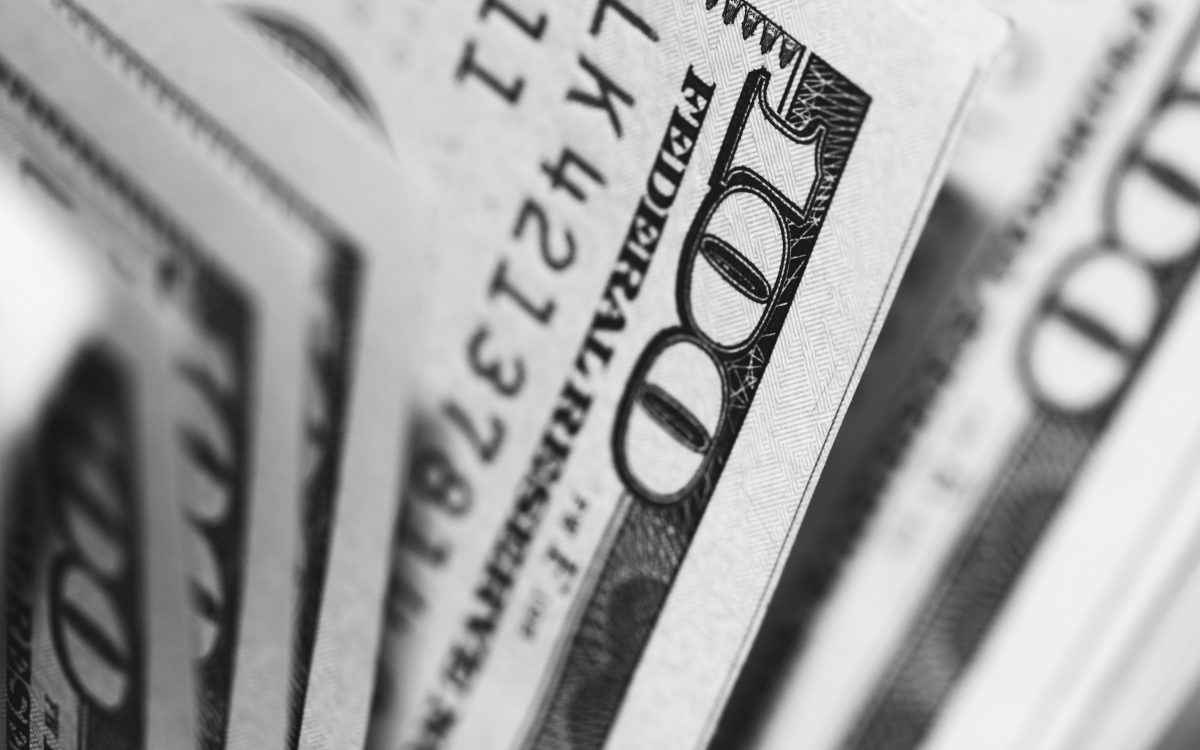In May 2018, the Supreme Court of the United States struck down a federal law that banned sports betting across the country. The decision in Murphy v. NCAA was a strong one for sports betting operators and sports betting lawyers alike. The highest court in America found that the existing prohibition violated the U.S. Constitution by directly compelling states to enact and enforce a federal regulatory program. Since then, over half the states and Washington D.C. have legalized sports betting, with pending sports betting bills in many other states. This has absolutely made sports betting lawyers, often broadly referred to as sports gaming lawyers, more important for individuals and corporate entities looking to get involved in the space.
If you have an interest in learning more about sports betting lawyers and this developing area of sports wagering law, sports gaming law, and fantasy sports law, then feel free to contact us with your questions. We keep all communications confidential, pride ourselves on quick and active responses, and do not charge for initial consultations.
The bulk of our inquiries typically begin with a request for an in-depth legal opinion that addresses the legality of a potential client’s sports betting or fantasy sports operation.
The distinction between sports betting and fantasy sports is an important one and requires a deep dive into various state laws and federal laws such as the Unlawful Internet Gambling Enforcement Act of 2006 (the UIGEA), which provides the definition of a “bet” or “wager” as well as a distinction between a bet or wager and a true fantasy sports offering. When a client is able to classify its operation as a fantasy sports operation, it can escape many of the regulatory requirements involved in a sports betting platform, save on costs, and open the door to involvement in additional states.
A seasoned sports betting lawyer is key to assisting with these legal opinions, which are often numerous pages in length and relied upon by startups to determine their initial strategy as well as whether they must pivot to comply with the various laws. We have not only been retained to conduct such diligence for operators in the United States but those situated abroad as well. Furthermore, the sports betting lawyers at Heitner Legal have worked with countless companies, small and large, on these types of opinions, including on behalf of Monkey Knife Fight, which went from the fastest-growing gaming platform to being sold to Bally’s Corporation for up to $90 million.
These legal opinions provided by a sports betting lawyer are not only valuable for the actual client but almost always necessary for the client to be onboarded by a third-party payment processor so that the client can begin accepting money from customers and conducting business in the sports gaming space. In fact, we have become so well known as qualified sports betting lawyers that numerous payment processors will actually recommend to applicants that they hire Heitner Legal to provide such an opinion, as the payment processors almost always demand that applicants have their own sports gaming legal counsel conduct their own diligence and provide such a legal opinion for their review.
A sports betting lawyer can do a lot more than simply drafting this type of sports gaming legal opinion. We have typically started our relationship with clients in a limited capacity and expanded to provide assistance with everything from drafting terms and conditions and privacy policies to registering trademarks for clients in the sports gaming space with the United States Patent and Trademark Office.
Our pricing is fair and tends to be cheaper than the competition; however, you do not substitute the quality of representation based on paying a reasonable cost. Our clients, including the aforementioned Monkey Knife Fight, have been pleasantly surprised by the work of our sports betting lawyers, who have been able to break boundaries and achieve success for sports gaming companies that may be operating in the grey. Our legal opinions have been relied upon by various payment processors, state regulators, potential investors, and professional sports players’ associations.

